Minewater heating and cooling: a 21st century resource for decarbonisation
With interest in geothermal heat recovery and storage increasing, the British Geological Survey alongside BEIS and IEA Geothermal held a mine water heating and cooling symposium to connect industry professionals from around the world.
20/04/2021 By BGS Press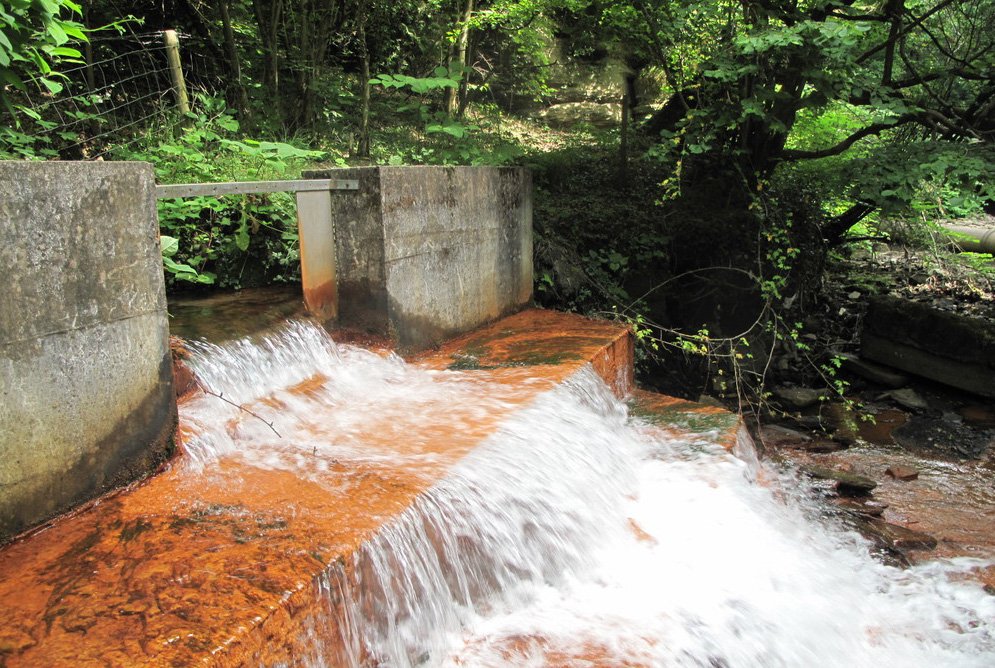
The drive to decarbonise heating has resulted in investigations of abandoned flooded coal mines across the world as they offer potential for heat recovery, cooling and storage of heat.
On 10 and 11 March 2021 BGS, IEA Geothermal and BEIS organised a conference to share current research and lessons learned from both scientific projects and real life projects concerning minewater energy. IEA Geothermal were very pleased to be involved in assisting with this informative symposium, which quickly developed as an opportunity for the international community interested in minewater geothermal to connect. This free-to-attend conference had 500 registrants from 73 countries. Attendees used the Twitter hashtag #CleanEnergyFromTheCoalfields to join in the discussion, which is still in active use for those wanting to learn more and join our thriving global community.
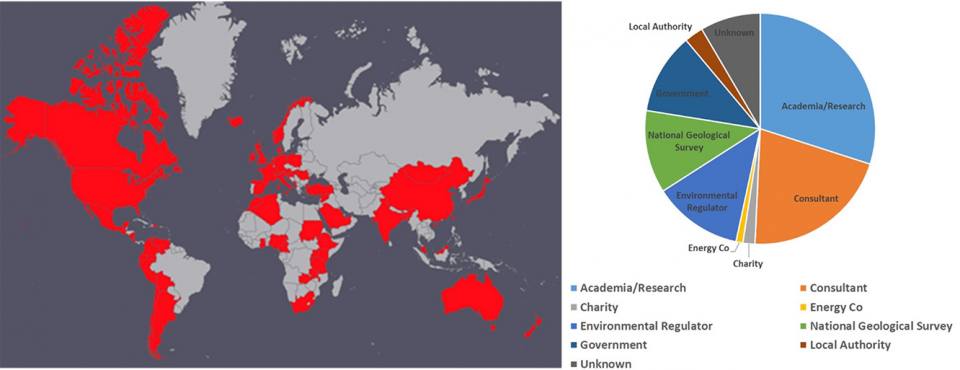
500 people from 73 countries registered for the free event, with a mixture of academic, geological survey, environmental regulators, local authorities, government and consultants.
The conference
Day one
Brett Hagen (BEIS) launched day one of the conference by covering the policy and practice for low carbon heat networks in the UK.
David Banks (Holymoor Consultancy Ltd/University of Glasgow) discussed the risks, potential capital expenditure (CAPEX) uncertainties and made the call for integration of new (and existing) minewater treatment schemes with housing developments.
Gareth Farr (BGS) discussed recently released temperature maps of the British coalfields.
The session continued with discussion on practical issues including:
- opportunities in Newcastle and Gateshead (Jonathan Steven – Groundwater and Geothermal Services Ltd)
- thermo-mechanical modelling for heat/flow cycling in pillar and stall workings (Fiona Todd, University of Edinburgh)
- an overview of the Coal Authority’s approach to turning mine energy into a strategic asset for Britain (Bohdan Iwanskyj, The Coal Authority)
Day two
Steven Hayes (Hayes Tec Ltd) introduced day two with a talk on heat networks.
Florian Hahn (Fraunhofer IEG) talked about the Dennenbaum coal mine in Germany.
Mike Jenkins (Bridgend Council) gave a presentation on early stage feasibility and public engagement in south Wales.
Florian Hahn (Fraunhofer IEG) returned for part 2 of his excellent presentation covering testing at a demonstration site, including interesting heat injection tests.
Charlotte Adams (The Coal Authority) talked about smart systems for mine-energy schemes.
Alison Monaghan (BGS) concluded the event with a presentation on the UK Geoenergy Observatory in Glasgow.
There is obvious scope to link up geo-observatories across Europe to share lessons learned and to facilitate collaboration.
Q&A session
Hosting the conference via Zoom democratised the online Q&A session and we fielded over 130 questions. Regulation, CAPEX and customer acceptance were frequently mentioned, as was the desire to form a specialist interest group to continue creating opportunities for co-collaboration between policymakers, researchers, regulators and developers across the world.
Attendees were able to vote anonymously via three polls suggesting that minewater heating and cooling is a feasible solution for decarbonising heat (62 per cent), CAPEX is considered the biggest challenge for minewater heating schemes (27 per cent) and demonstration schemes complemented with scientific observatories are the best way to ‘de-risk’ the technology (86 per cent).
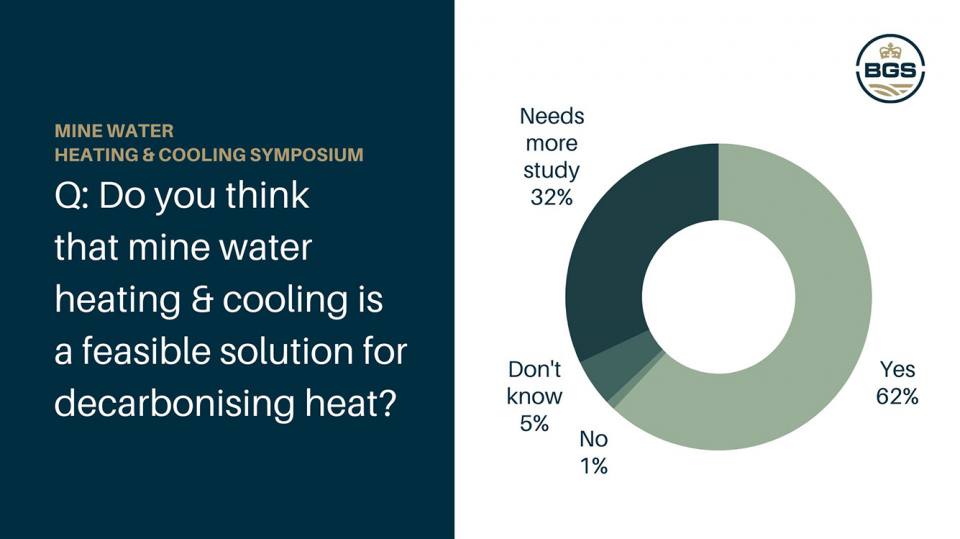
Results from three anonymous polls.
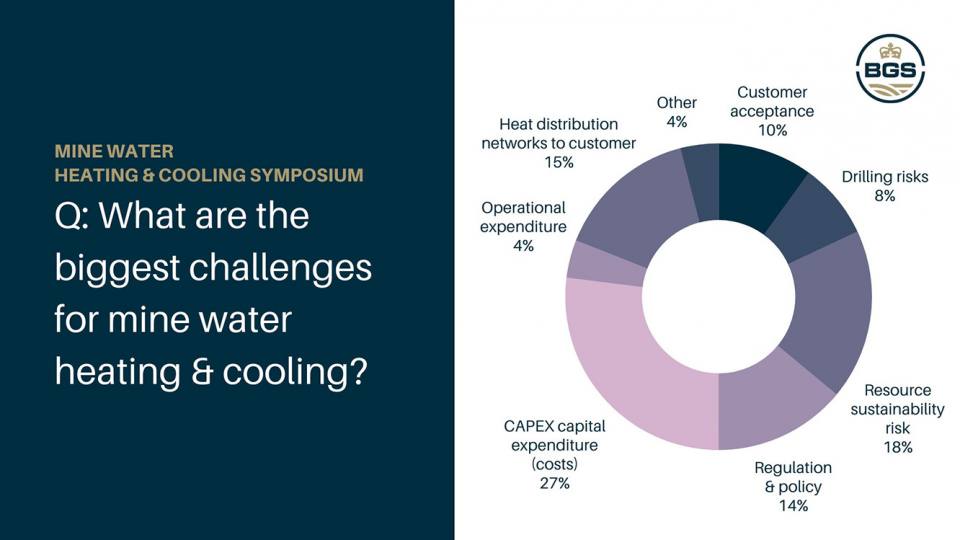
Results from three anonymous polls.
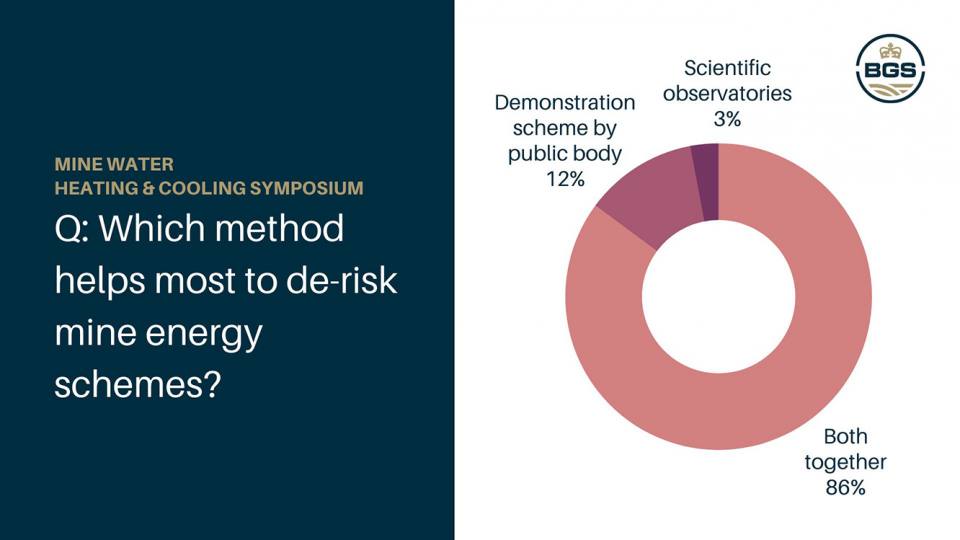
Results from three anonymous polls.
Due to the global interest in low-carbon mine-energy schemes, demand for this kind of conference, and a desire to continue talking and connecting with one another, we hope to plan a secondary event in the near future. If you would like to be involved then please email Gareth Farr.
Further reading
- Conference agenda
- Recordings of the presentations
- UK Geoenergy Observatory in Glasgow
- The Coal Authority
- Heat Store Project
- D2Grids Project
About the authors
- Gareth Farr is a hydrogeologist who leads the BGS mine-energy topic
- Brian Carey is the IEA Geothermal executive secretary and is based in New Zealand
- Brett Hagen is the Heat Networks Specialist (HNDU) at BEIS
Relative topics
Latest blogs
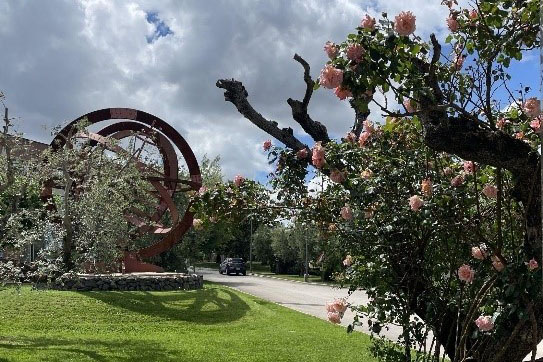
AI and Earth observation: BGS visits the European Space Agency
02/07/2025
The newest artificial intelligence for earth science: how ESA and NASA are using AI to understand our planet.
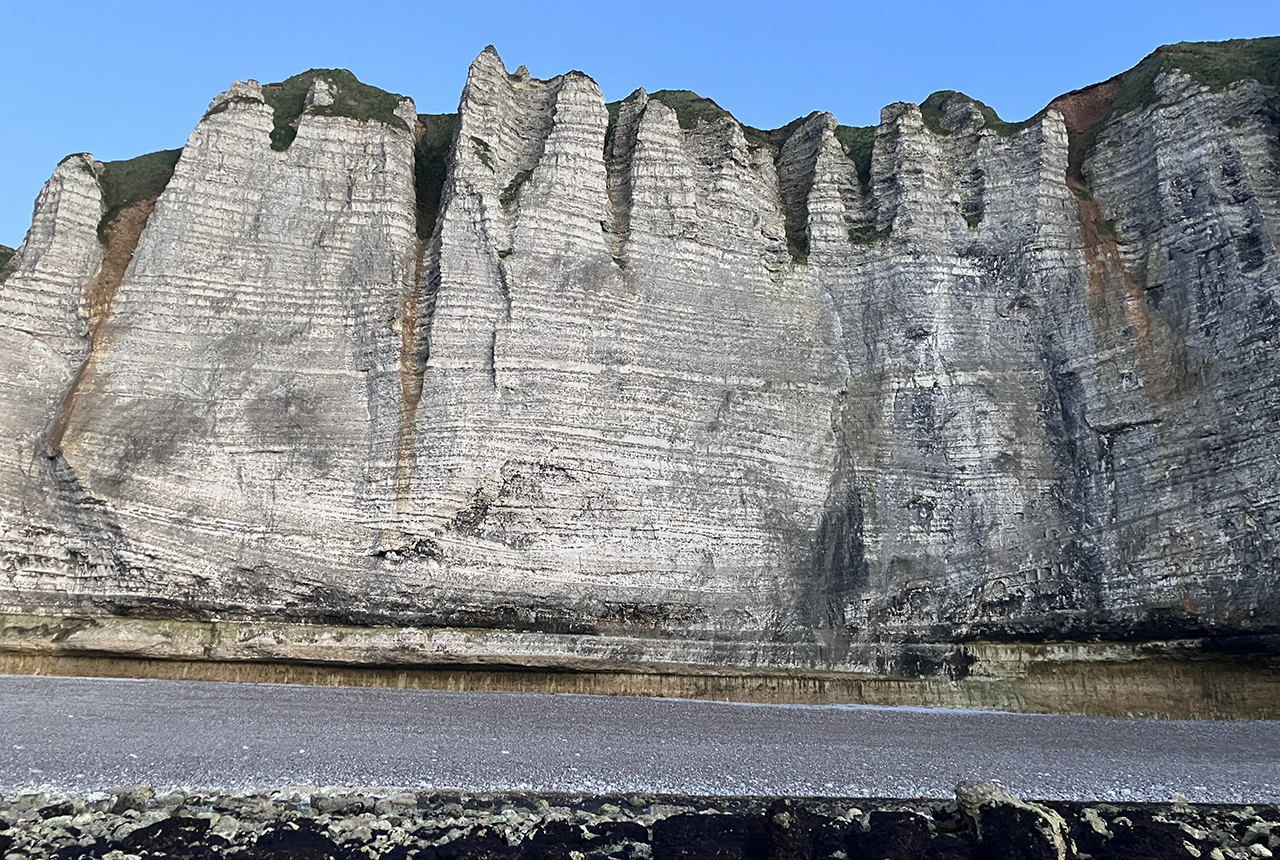
Geology sans frontières
24/04/2025
Geology doesn’t stop at international borders, so BGS is working with neighbouring geological surveys and research institutes to solve common problems with the geology they share.
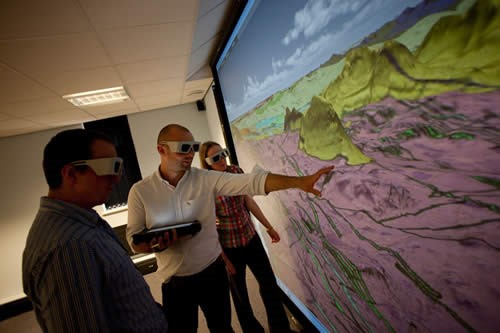
Celebrating 20 years of virtual reality innovation at BGS
08/04/2025
Twenty years after its installation, BGS Visualisation Systems lead Bruce Napier reflects on our cutting-edge virtual reality suite and looks forward to new possibilities.
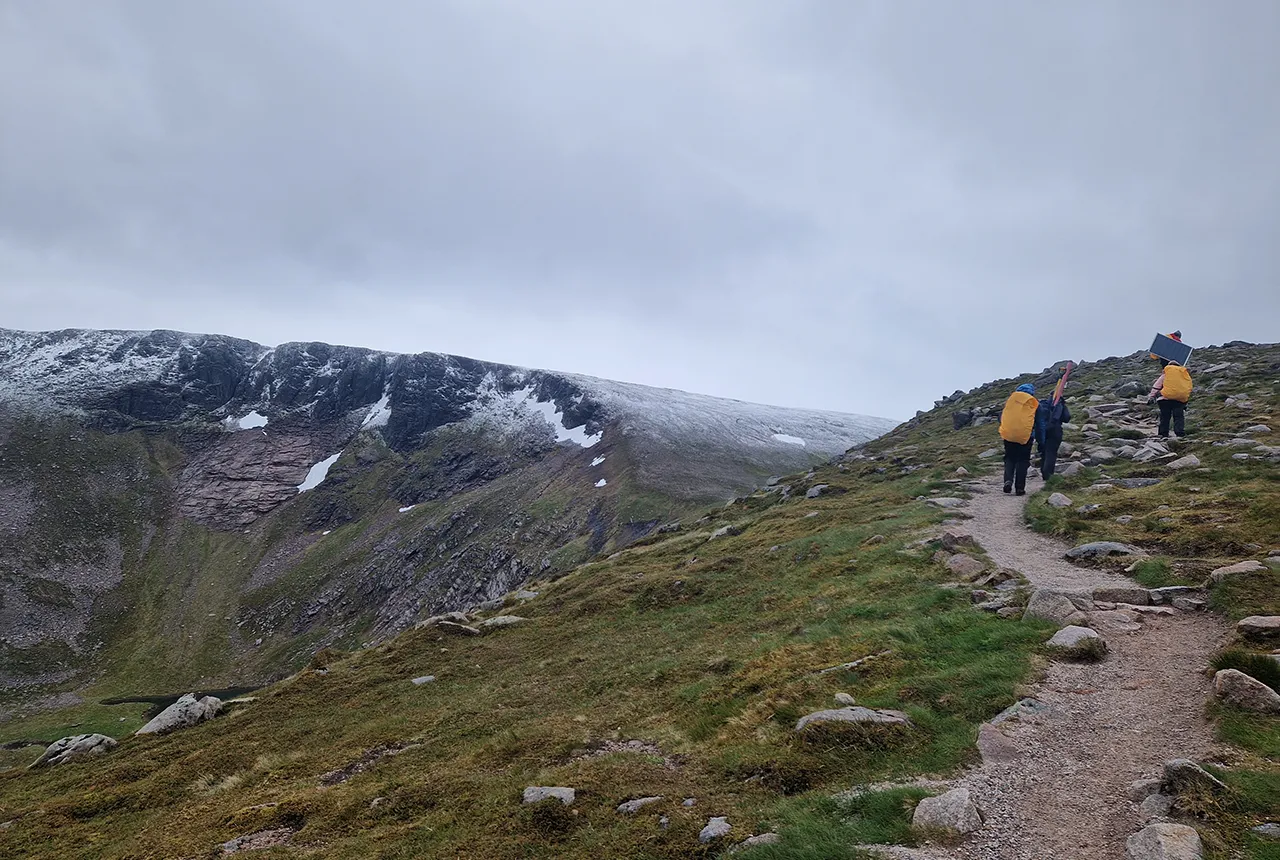
Exploring Scotland’s hidden energy potential with geology and geophysics: fieldwork in the Cairngorms
31/03/2025
BUFI student Innes Campbell discusses his research on Scotland’s radiothermal granites and how a fieldtrip with BGS helped further explore the subject.
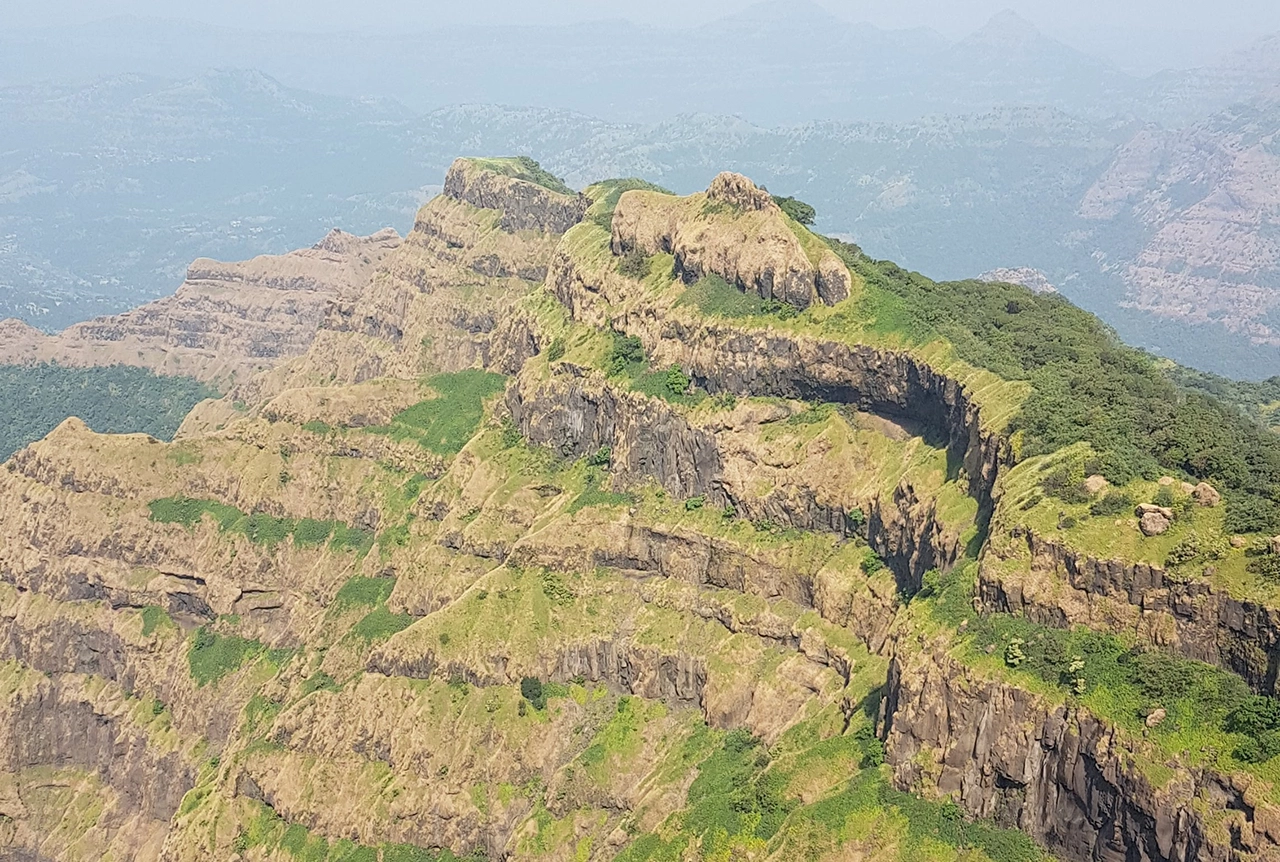
Could underground disposal of carbon dioxide help to reduce India’s emissions?
28/01/2025
BGS geologists have partnered with research institutes in India to explore the potential for carbon capture and storage, with an emphasis on storage.
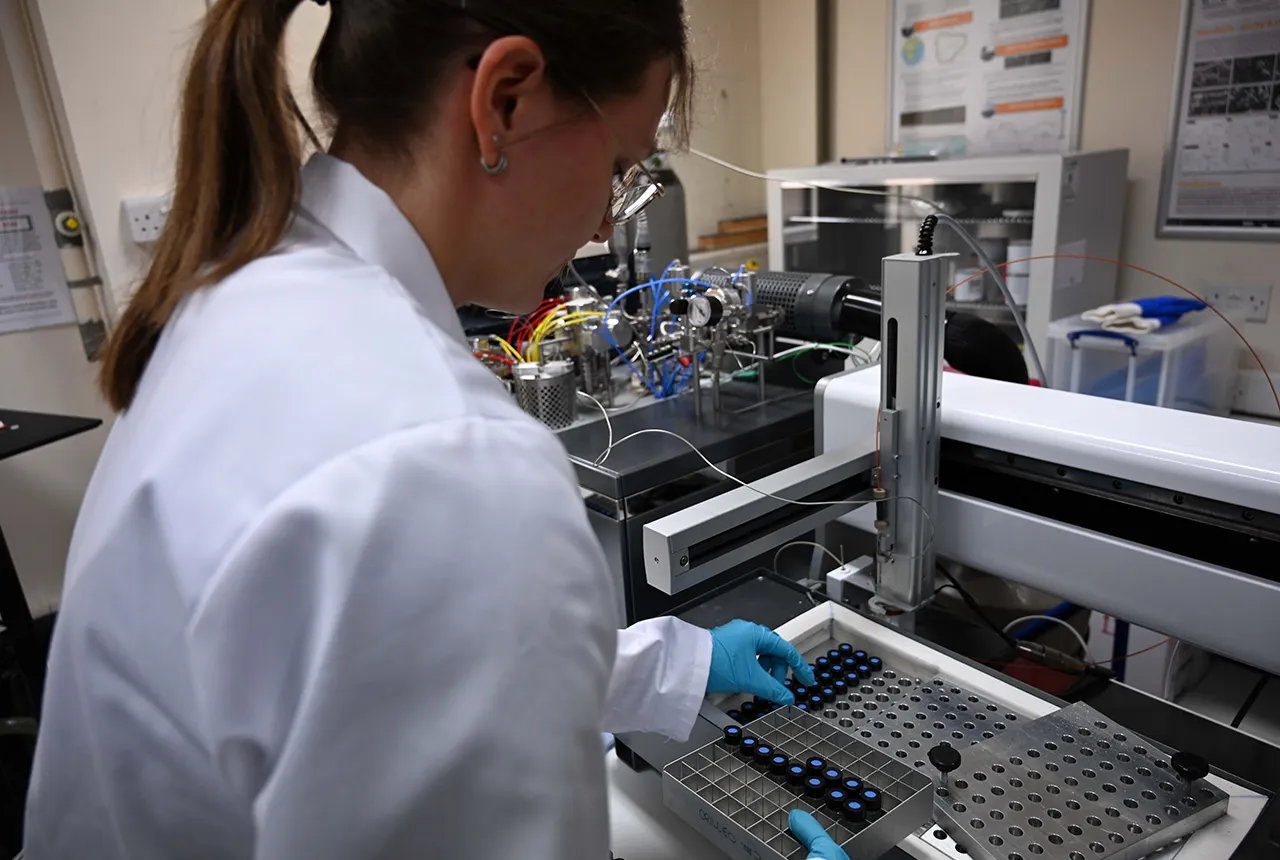
Carbon and oxygen isotope analysis of carbonates and the development of new reference materials
18/12/2024
Dr Charlotte Hipkiss and Kotryna Savickaite explore the importance of standard analysis when testing carbon and oxygen samples.
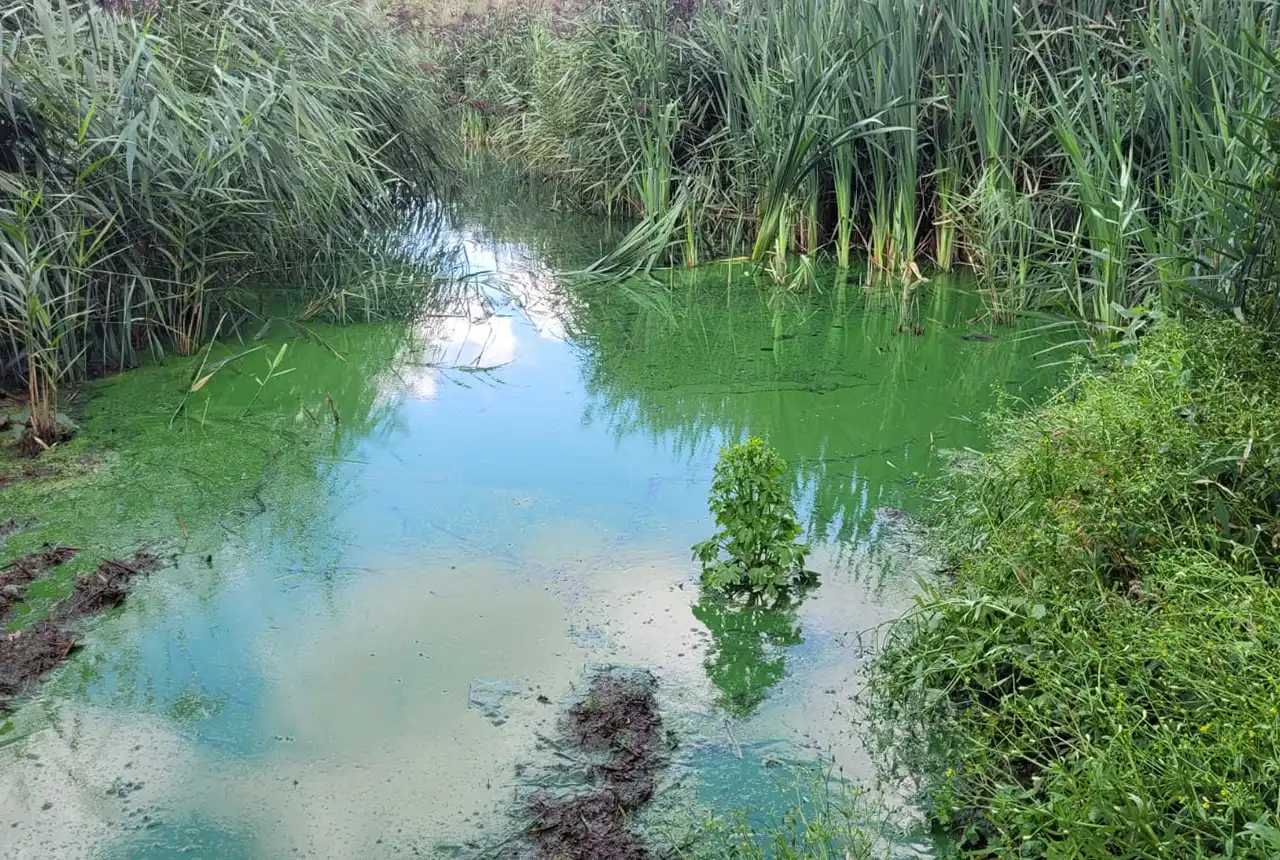
Studying oxygen isotopes in sediments from Rutland Water Nature Reserve
20/11/2024
Chris Bengt visited Rutland Water as part of a project to determine human impact and environmental change in lake sediments.
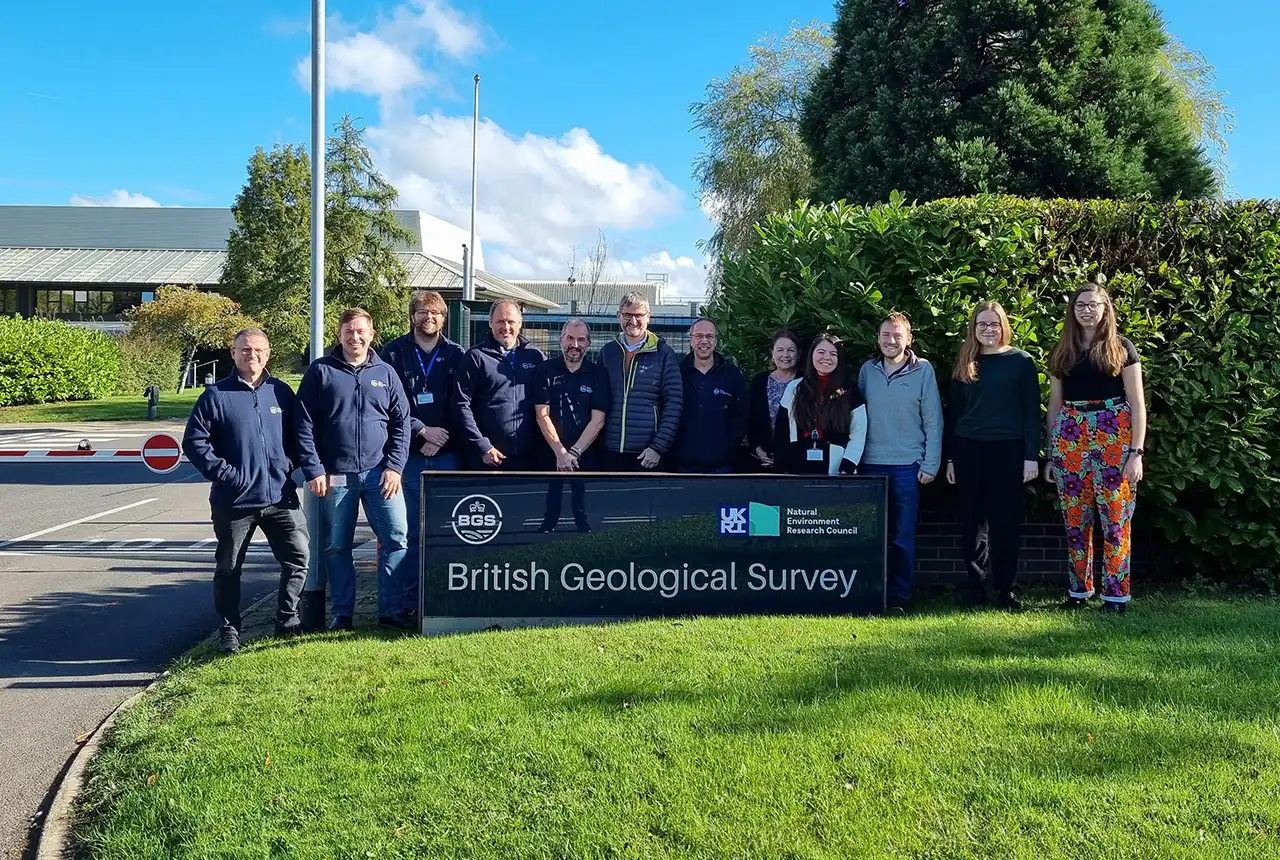
Celebrating 25 years of technical excellence at the BGS Inorganic Geochemistry Facility
08/11/2024
The ISO/IEC 17025 accreditation is evidence of technical excellence and reliability, and a mark of quality assurance.
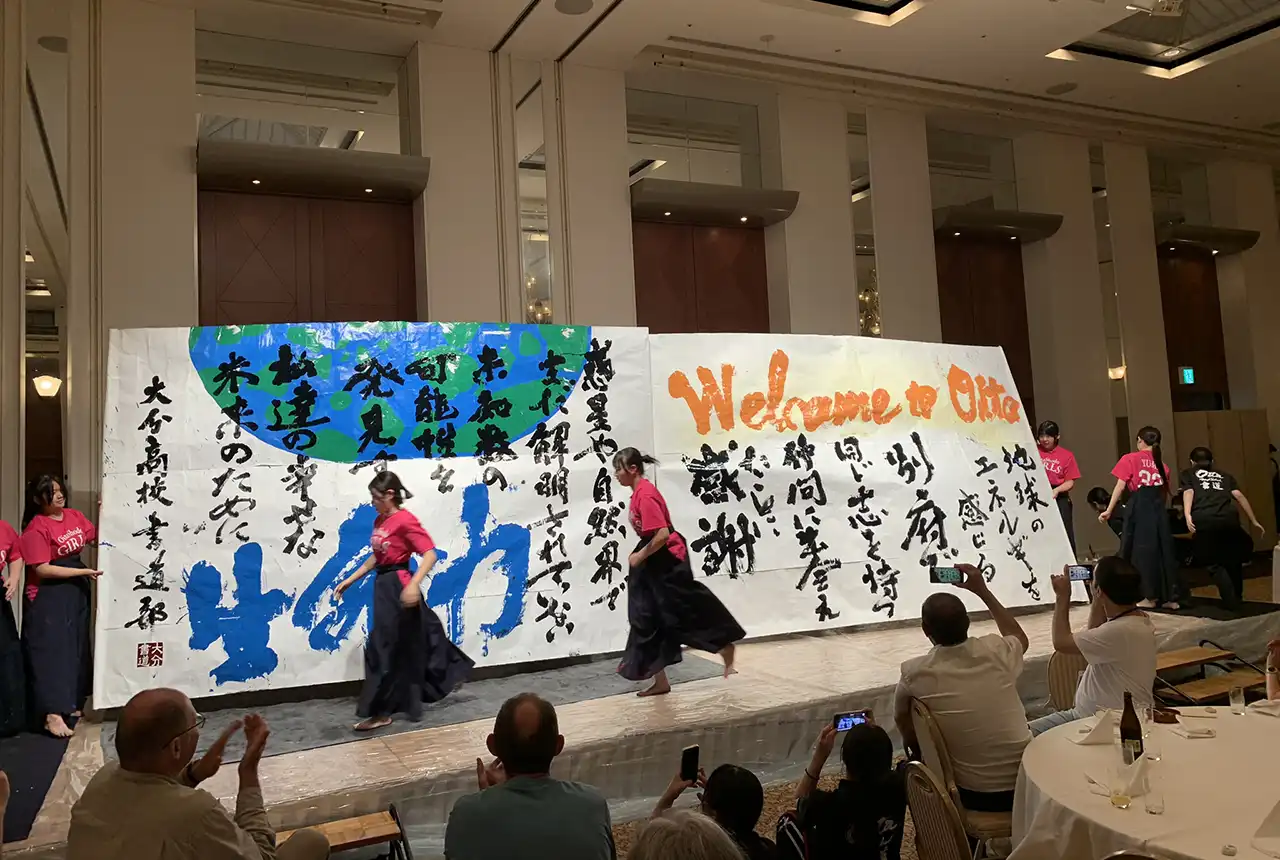
Electromagnetic geophysics in Japan: a conference experience
23/10/2024
Juliane Huebert took in the fascinating sights of Beppu, Japan, while at a geophysics conference that uses electromagnetic fields to look deep into the Earth and beyond.
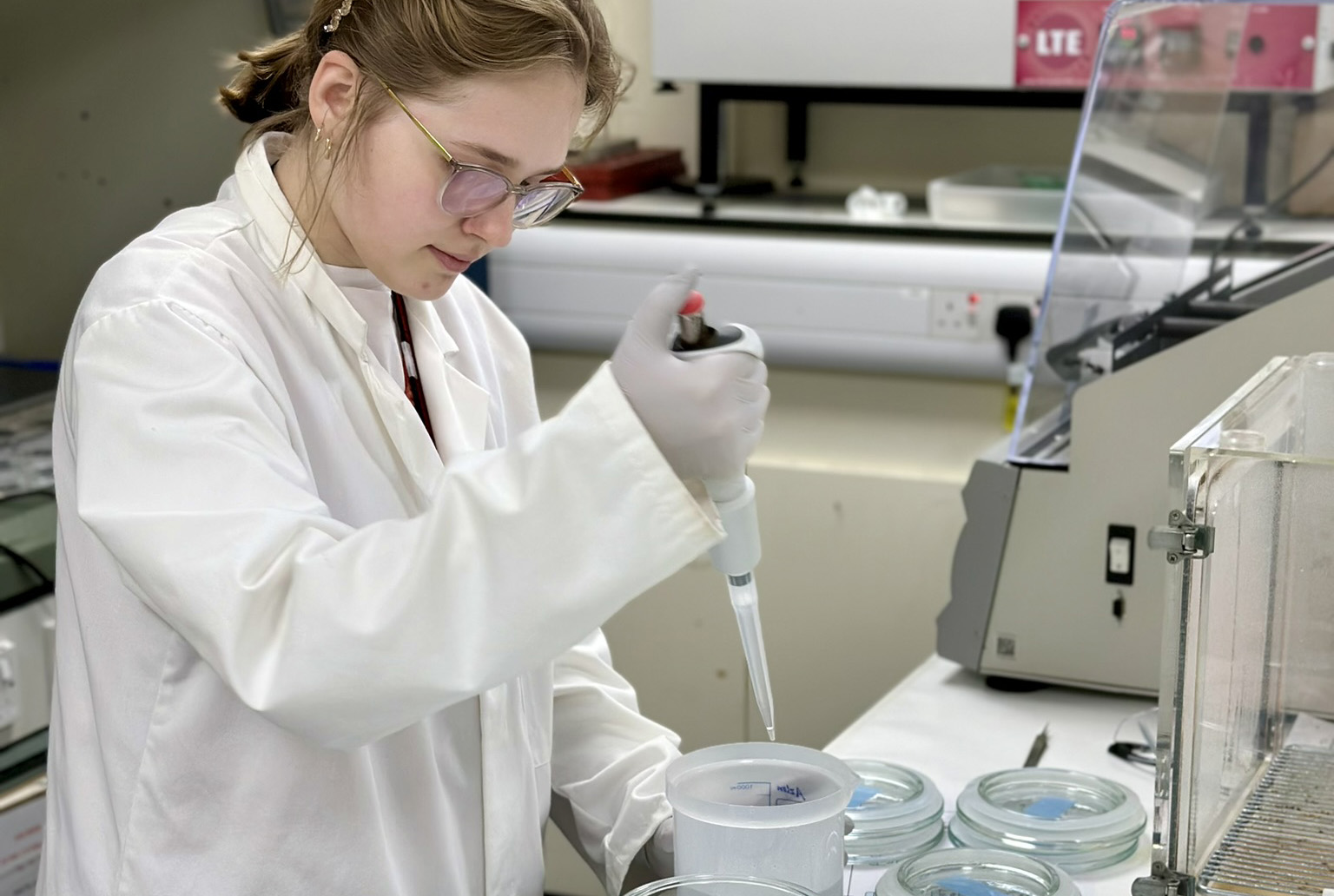
Exploring the role of stable isotope geochemistry in nuclear forensics
09/10/2024
Paulina Baranowska introduces her PhD research investigating the use of oxygen isotopes as a nuclear forensic signature.
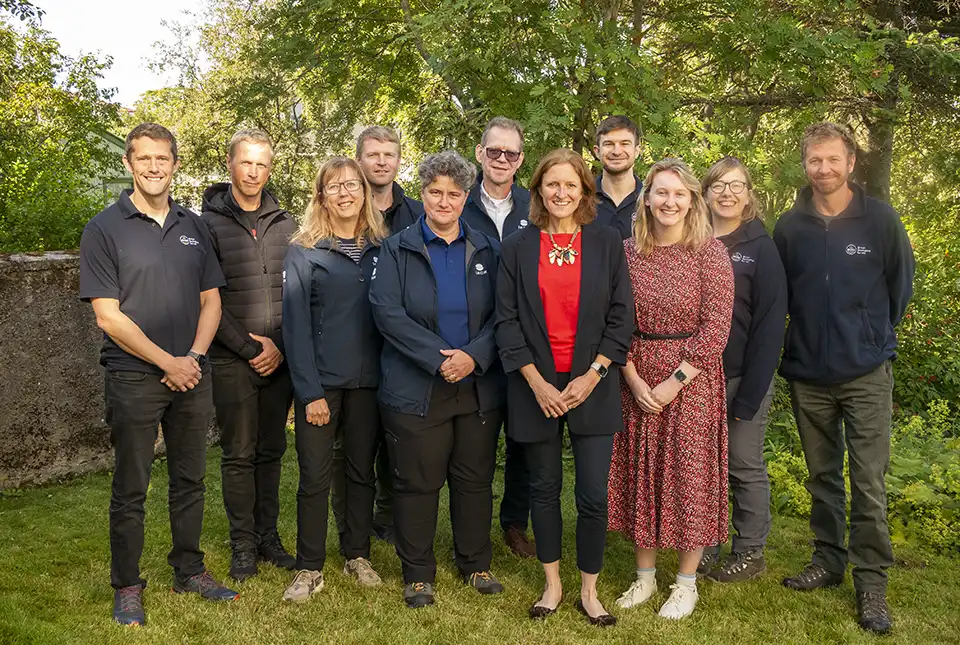
BGS collaborates with Icelandic colleagues to assess windfarm suitability
03/10/2024
Iceland’s offshore geology, geomorphology and climate present all the elements required for renewable energy resources.
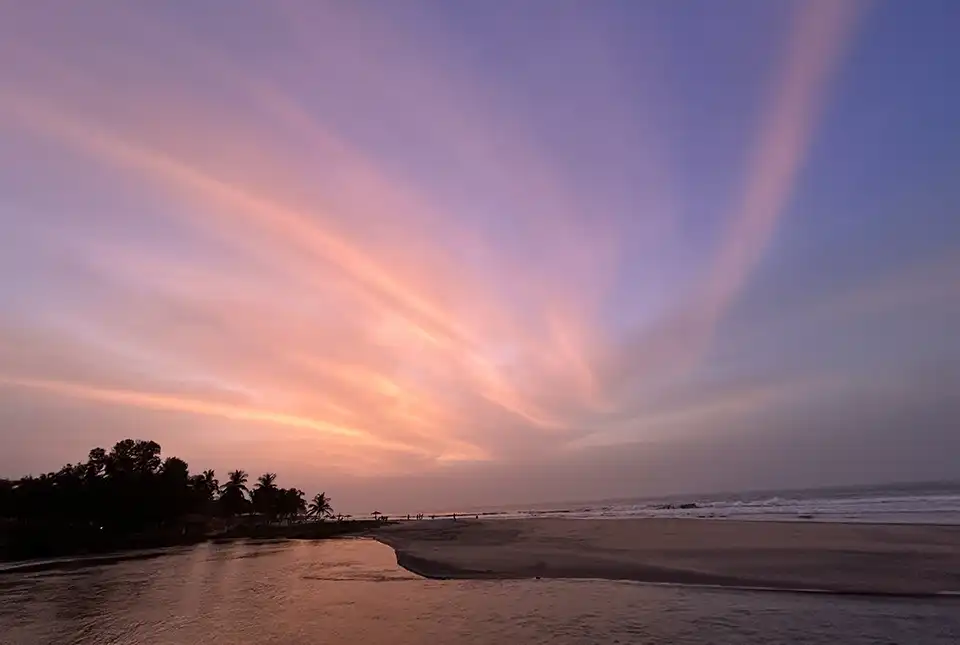
Mining sand sustainably in The Gambia
17/09/2024
BGS geologists Tom Bide and Clive Mitchell travelled to The Gambia as part of our ongoing work aiming to reduce the impact of sand mining.


